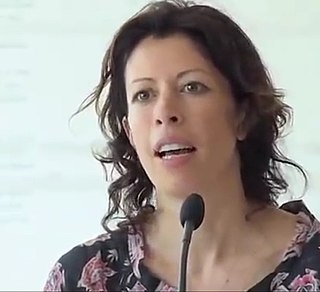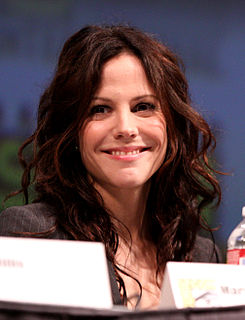A Quote by SZA
I used to be very figurative and also just kind of scared to talk about the way I felt in a literal way.
Related Quotes
I’m very interested in sublimation. I love the way Francis Bacon talked about the grin without the cat, the sensation without the boredom of its conveyance… I’ve always wanted to be able to convey figurative imagery in a kind of shorthand, to get it across in as direct a way as possible. I want there to be a human presence without having to depict it in full.
It's like you're wearing a really amazing dress and high heels and you've just gone to the hair salon and gotten a facial and you feel fabulous, and then someone says, You look really awful. You're thinking, Was I completely delusional? That's what having Lyme disease feels like. It was very lonely and for many years I just didn't talk about the way I felt because I assumed if there's nothing wrong on paper, maybe this is just the way a human is supposed to feel, and I'm just complaining about it.
I feel like in the reading I did when I was growing up, and also in the way that people talk and tell stories here in the South, they use a lot of figurative language. The stories that I heard when I was growing up, and the stories that I read, taught me to use the kind of language that I do. It's hard for me to work against that when I am writing.
A lot of people are scared. It's the way you're raised. The way you've been told your whole life, that you've got to do this and that. Get a job, go to school. So, a lot of people are scared to just do what they really want. They're worried about what people will think and stuff like that. It's just fear.
But it's never just been the journals that have made the difference, I don't think. It's also the way the students are with one another . . . the way they talk about books and authors and themselves. Not just their problems, but their passions too. The way they form a little society and discuss whatever matters to them. Books light the fire-whether it's a book that's already written, or an empty journal that needs to be filled in.
Of all the things about de Sade, I would argue he is funny. A lot of people didn't understand de Sade. No. 1, he is a very good writer, and No. 2, he had the courage to talk about a lot of things that in public, even now, almost nobody has the courage to talk about. He would do it with a kind of funny way - not the stories themselves, but the way he tells them. He is never serious.




































